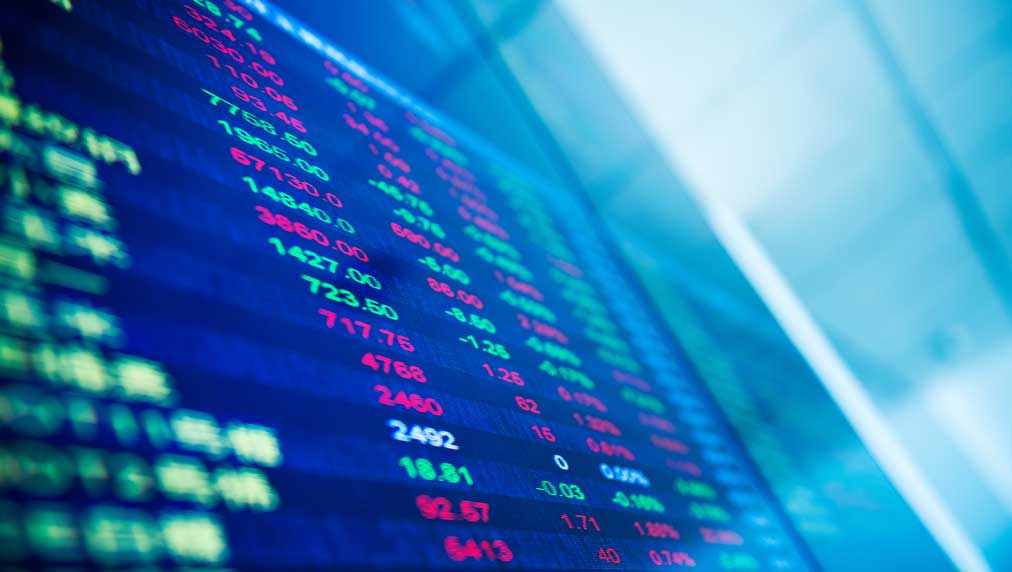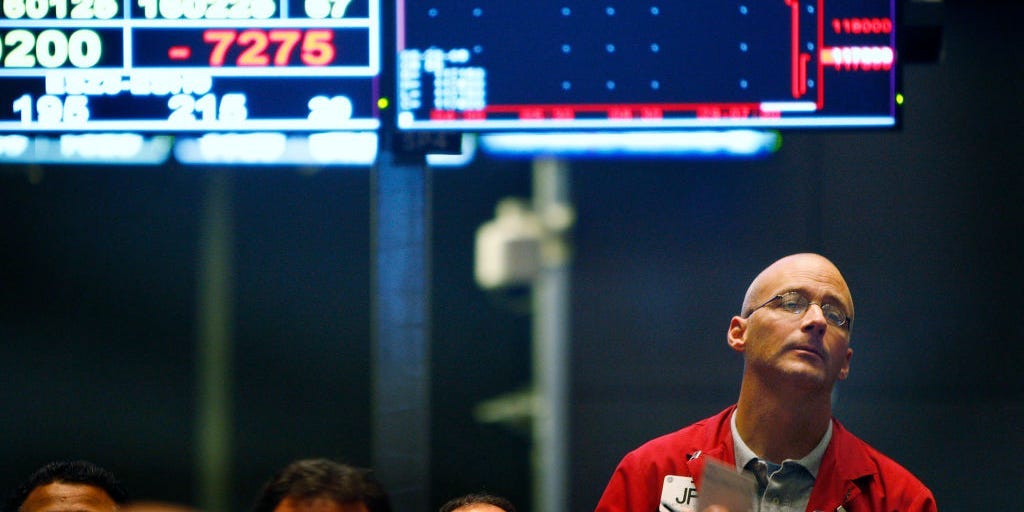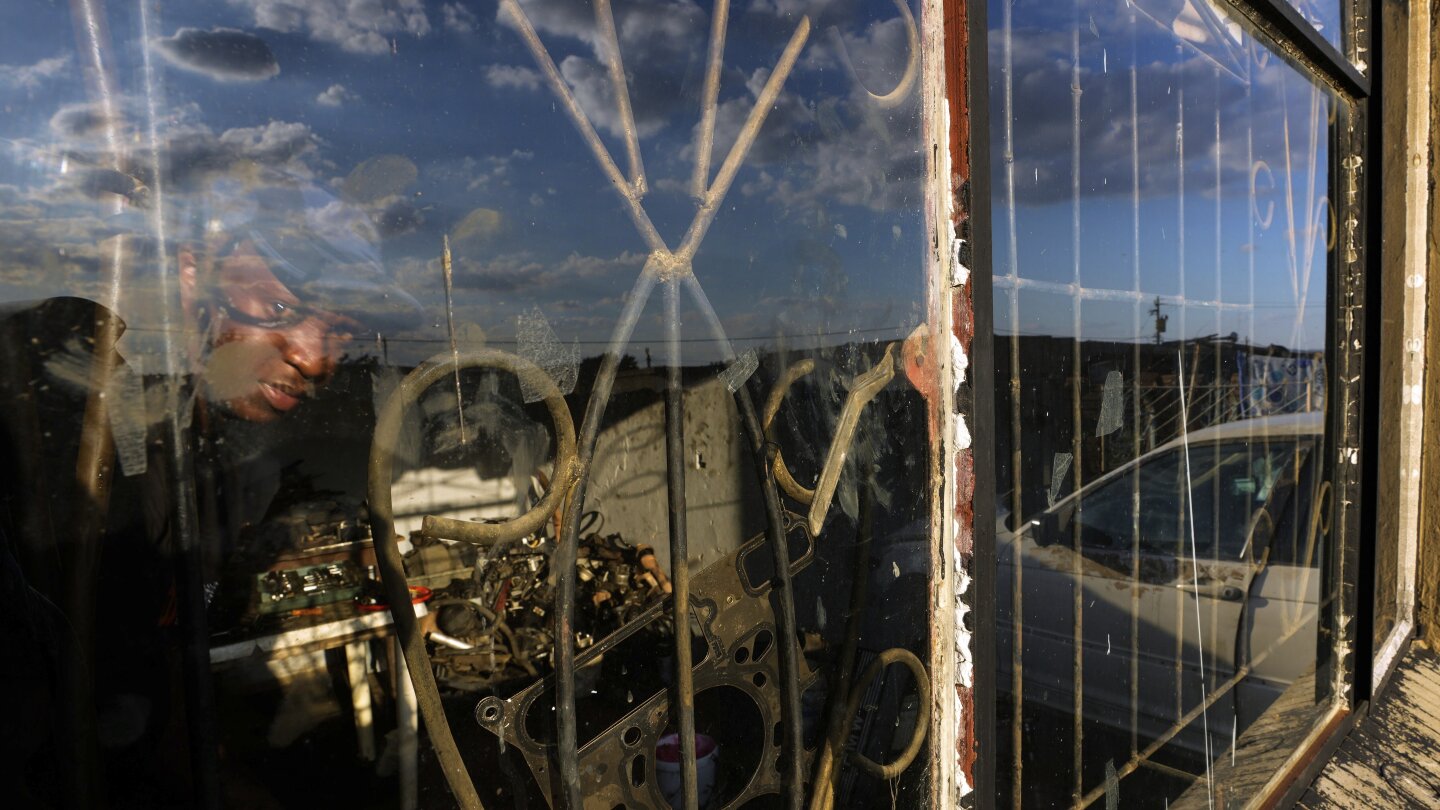Sunset at Shinjuku , Tokyo – Japan.
Xavierarnau | E+ | Getty Images
Asia-Pacific markets traded mixed Tuesday, as investors hope the Israel-Iran conflict might remain contained with Tehran reportedly signaling readiness to negotiate.
Investors await the Bank of Japan’s policy verdict, with the BOJ expected to stand pat on interest rates at 0.5% in the face of an uncertain trade climate, as it concludes its two-day policy meeting later in the day.
Japan’s benchmark Nikkei 225 moved up 0.21% in early trade while the broader Topix index was flat.
In South Korea, the Kospi index added 0.29% while the small-cap Kosdaq inched down 0.17%.
Australia’s S&P/ASX 200 benchmark dipped 0.18%.
Futures for Hong Kong’s Hang Seng index stood at 24,096 pointing to a stronger open compared to the HSI’s last close of 24,060.99.
U.S. stock futures fell in early Asian hours as investors continued to assess the developments around the Israel-Iran conflict.
Overnight stateside, all three key benchmarks rose on hopes for a positive resolution to the Middle East conflict.
The Dow Jones Industrial Average rose 317.30 points, or 0.75%, closing at 42,515.09. Meanwhile, the S&P 500 advanced 0.94% to end at 6,033.11, while the Nasdaq Composite surged 1.52% and settled at 19,701.21.
— CNBC’s Sean Conlon and Alex Harring contributed to this report.
Singapore’s May non-oil domestic exports post a surprise decline, dropping to a 7-month low
Singapore’s non-oil domestic exports unexpectedly fell 3.5% in May compared to the same period last year, missing the 8% growth forecast by economists polled by Reuters.
They seen a 12.4% growth in the previous month, government data on Tuesday showed.
This is the sharpest drop since October 2024, according to LSEG data. It comes as shipments of electronics rose slightly while petrochemicals, non-monetary gold and specialized machinery exports fell.
On a month-on-month basis, Singapore’s NODX tumbled 12% in May, compared to a 10.4% increase seen in April.
– Amala Balakrishner
KKR to buy Australian power producer Zenith Energy
KKR has agreed to buy Australian power producer Zenith Energy from a consortium including Pacific Equity Partners, Canada’s OPSEU Pension Trust and the London-listed Foresight Group Holdings.
Zenith’s founder and management will retain a minority stake once the deal is completed, KKR announced in a Tuesday statement.
KKR did not provide a value for the deal, but said the investment will be made from its Asia Pacific Infrastructure Investors II Fund.
The announcement follows Zenith’s completion of a 1.9 billion Australian dollar ($1.24 billion) refinancing and expansion of its bank debt facilities, which will support its development of new projects.
Zenith, which specializes in providing sustainable and hybrid power solution, has over 710 megawatts of contracted capacity across 15 sites in Western Australian and the Northern Territory.
The company was delisted from the Australian Securities Exchange in August 2020.
The transaction is slated to close late this year.
— Amala Balakrishner
Trump tariffs seem to be ‘here to stay,’ U.S. Bank’s Robert Haworth says
President Donald Trump’s tariffs may not be going away anytime soon, according to Robert Haworth of U.S. Bank Asset Management.
“Tariffs appear to be here to stay,” the senior investment strategist said in an interview with CNBC.
Trump’s 90-day tariff pause is due to end on July 9, but Treasury Secretary Scott Bessent signaled just last week that the deadline could be extended for countries and trading blocs “negotiating in good faith.”
Still, tariffs remain on the table, as Commerce Secretary Howard Lutnick said last month that the 10% baseline tariff on other countries’ imports is likely to “be in place for the foreseeable future.“
Haworth also believes that price increases as a result of the tariffs will “happen slowly.”
“We’ll start to see them late this year show up in the data,” he added.
— Sean Conlon













